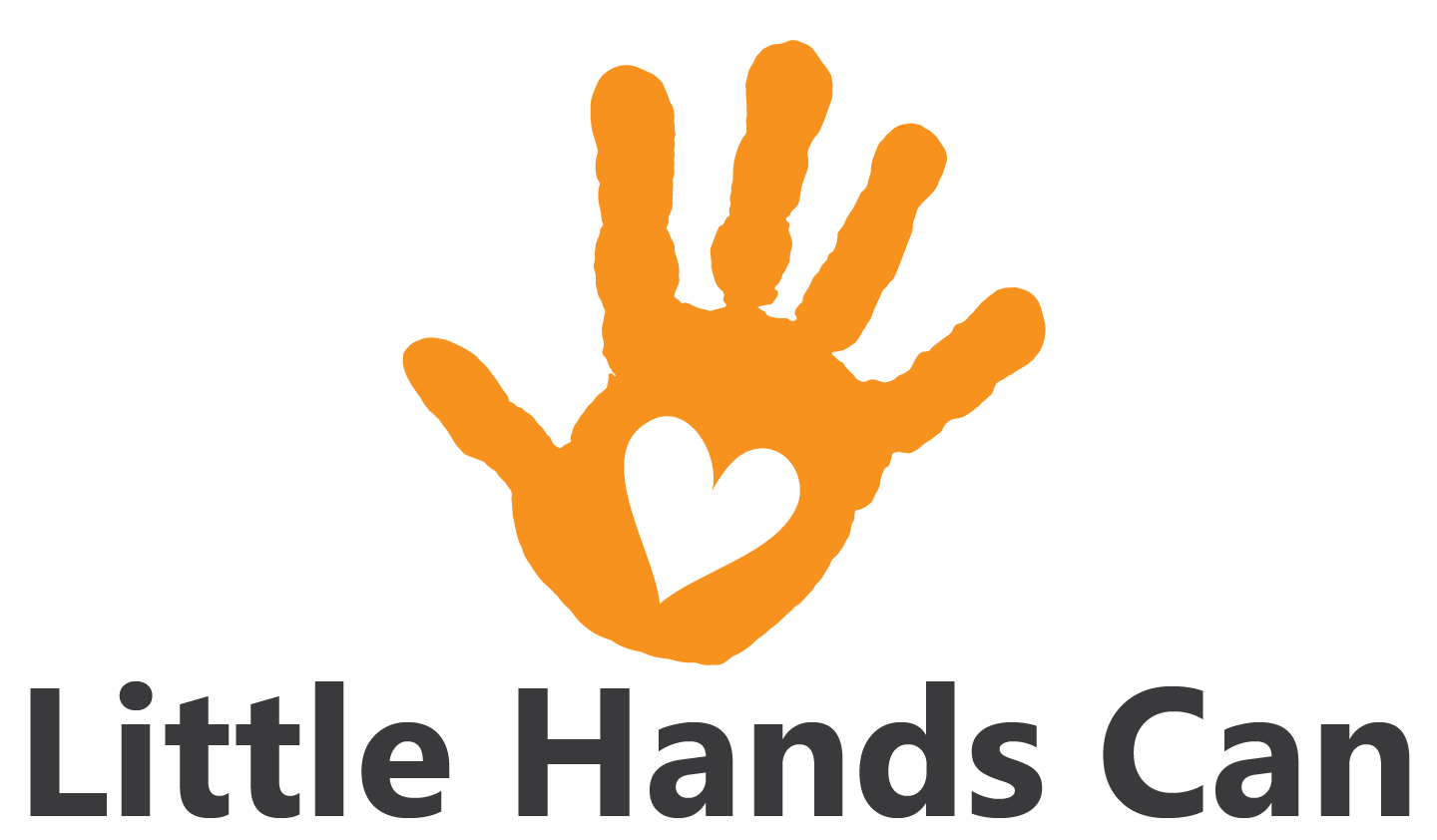Kindness Kit #2: Poverty and Homelessness
Please use the following resources as a guide to facilitate meaningful discussions with your families.
How to Talk to Your Child About Homelessness
Think about your own views of homelessness and how they align with your values. This can help prevent spur-of-the-moment judgemental comments while talking to your kids.
Be prepared to talk about mental health issues as well. Sometimes they pique the curiosity of kids more than the fact that the person is homeless. Decide how you will explain mental health issues with your child based on their age and understanding.
Talk about it when they’re interested. Like so many other topics, talking to our kids about homelessness is best done when they want to. Usually that means when they see someone while in the car or encounter them on the sidewalk downtown. However, we parents can be prepared for whenever they are ready.
Remember that kids are naturally curious. When they see people on the side of the road asking for change, they will want to know more about them. They aren’t passing judgement; they’re simply curious.
Keep it simple. Short explanations are best so they aren’t overwhelmed by your response. The idea that someone might not have a home is a very foreign idea to most kids. Help them understand using basic ideas that they can relate to. Be honest in your answer and not judgemental. Acknowledge what you don’t know. For example, if your kid asks why someone they see out the car window is homeless, you can say that you don’t know his/her particular circumstance but that people are often homeless because they can’t afford a house or apartment.
Express empathy and encourage your kids to be empathetic too. We love this quote from the website She Knows: “Kids who are able to be empathetic and kind to others will develop the courage to stand up for what they believe is right.”
Understand that your kids might be worried. A home is a child’s world. Your child might be very concerned that someone does not have a home. Assure them that there are shelters that they can go to for a temporary home and other ways that people are helping the homeless.
Be aware of your behavior. Your kids’ initial perception of homelessness is going to be most influenced by your behavior towards the homeless. Make sure your verbal response and your body language reflect the same message.
Treat everyone with respect. Act natural. Look homeless people in the eye and smile just as you would anyone else and encourage your kids to do the same. Remind your kids that homeless children they see are children similar in most ways to themselves and should be treated as they would want to be treated.
Remind your kids to be grateful. This is a perfect opportunity to express gratitude for what you have, especially in the simple things like warm socks to wear and supportive friends. Use that to fuel ideas for how to help the homeless.
Foster your kids natural tendency to help others. Encourage their ideas on how to help homeless people. Help them carry out some of their ideas.
Expand the conversation as your kids get older. This isn’t going to be a “whew, glad we got that over with” kind of chat. Be very simple as your child becomes aware of homelessness and delve deeper into the issue as your child develops.
References/Sources we used to help us compile this list:
Braun, Betsy Brown. “Talking to Kids About Homelessness.” Huffpost. Verizon Media, 16 March 2015, http://www.huffingtonpost.com/betsy-brown-braun/talking-to-kids-about-homelessness_b_6473290.html.
Owen, Nancy. “14 Ways to Effectively Explain Homelessness and Poverty to Your Child.” Wellspring Family Services. Wellspring Family Services, (n.d.), https://wellspringfs.org/blog/14-ways-effectively-explain-homelessness-and-poverty-your-child.
Ratner, Rebecca. “Homelessness Fact Sheet for Kindergarten-Second Grade Students.” National Coalition for the Homeless. Summer 2008, http://www.nationalhomeless.org/factsheets/Fact%20Sheet%20and%20LessonPlan-K-2.pdf
Segerman, Arianne. “How to talk about the homeless with your kids.” She Knows. Penske Business Media, LLC, 9 February 2012, https://www.sheknows.com/parenting/articles/947355/how-to-talk-about-the-homeless-with-your-kids.
2. Tips for Talking to Your Child About Poverty
eSchoolToday.com has a great unit on talking to kids about the cycle of poverty, causes of poverty, and other effects of poverty.

